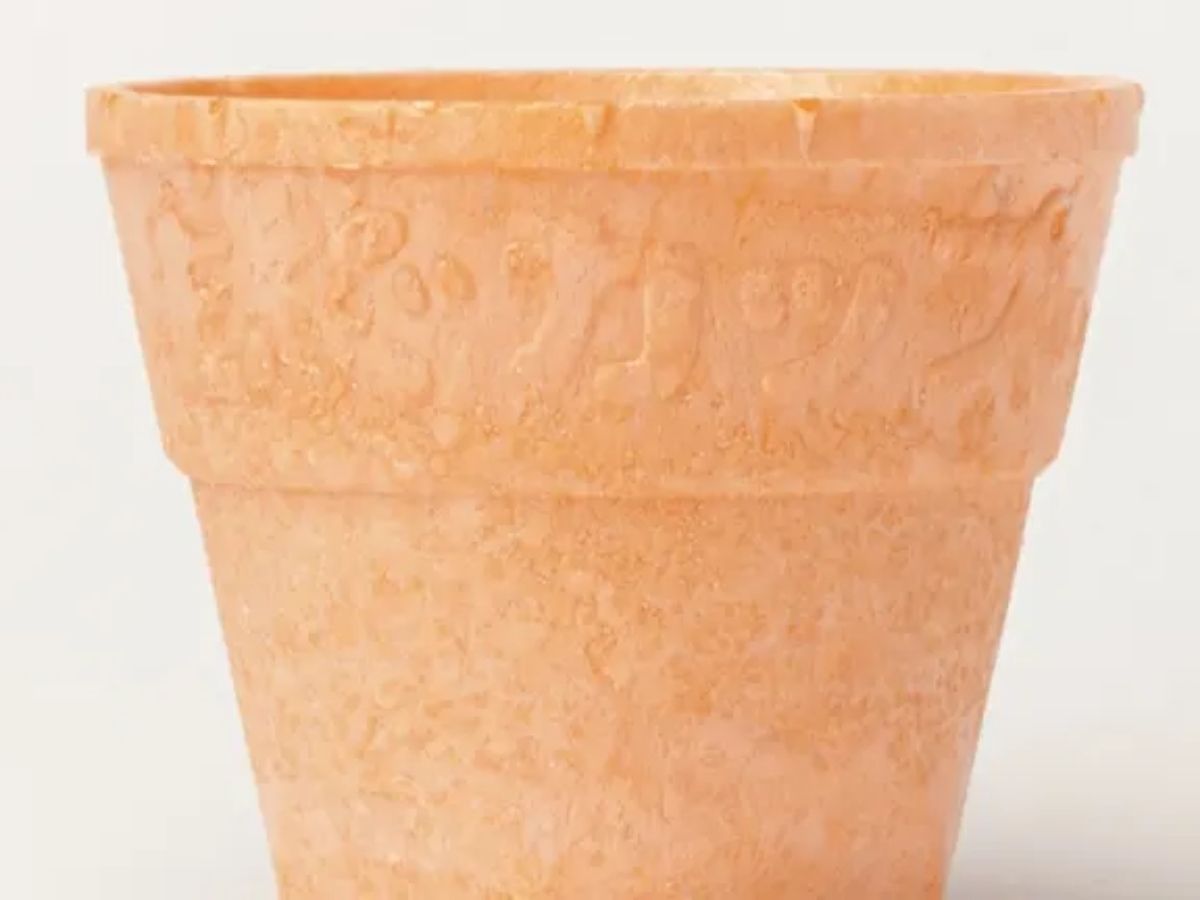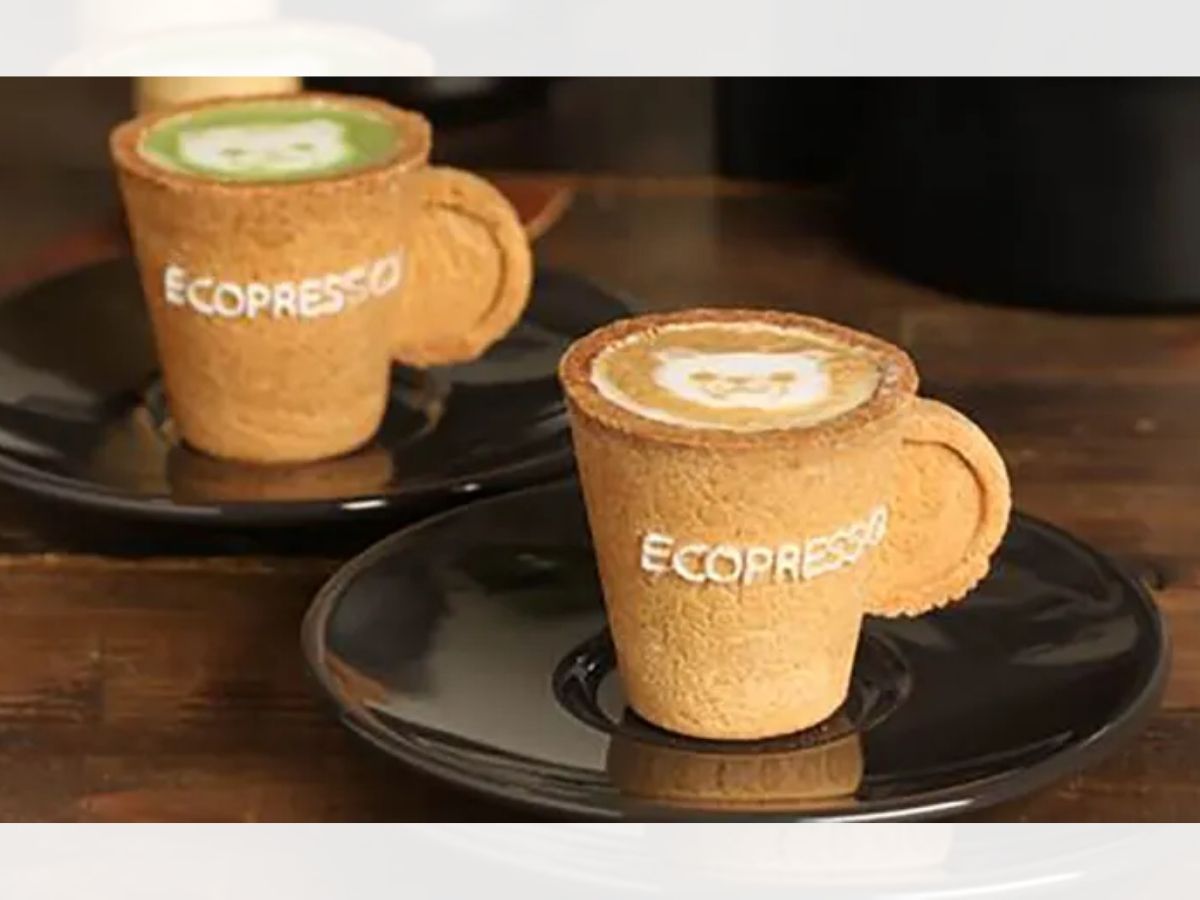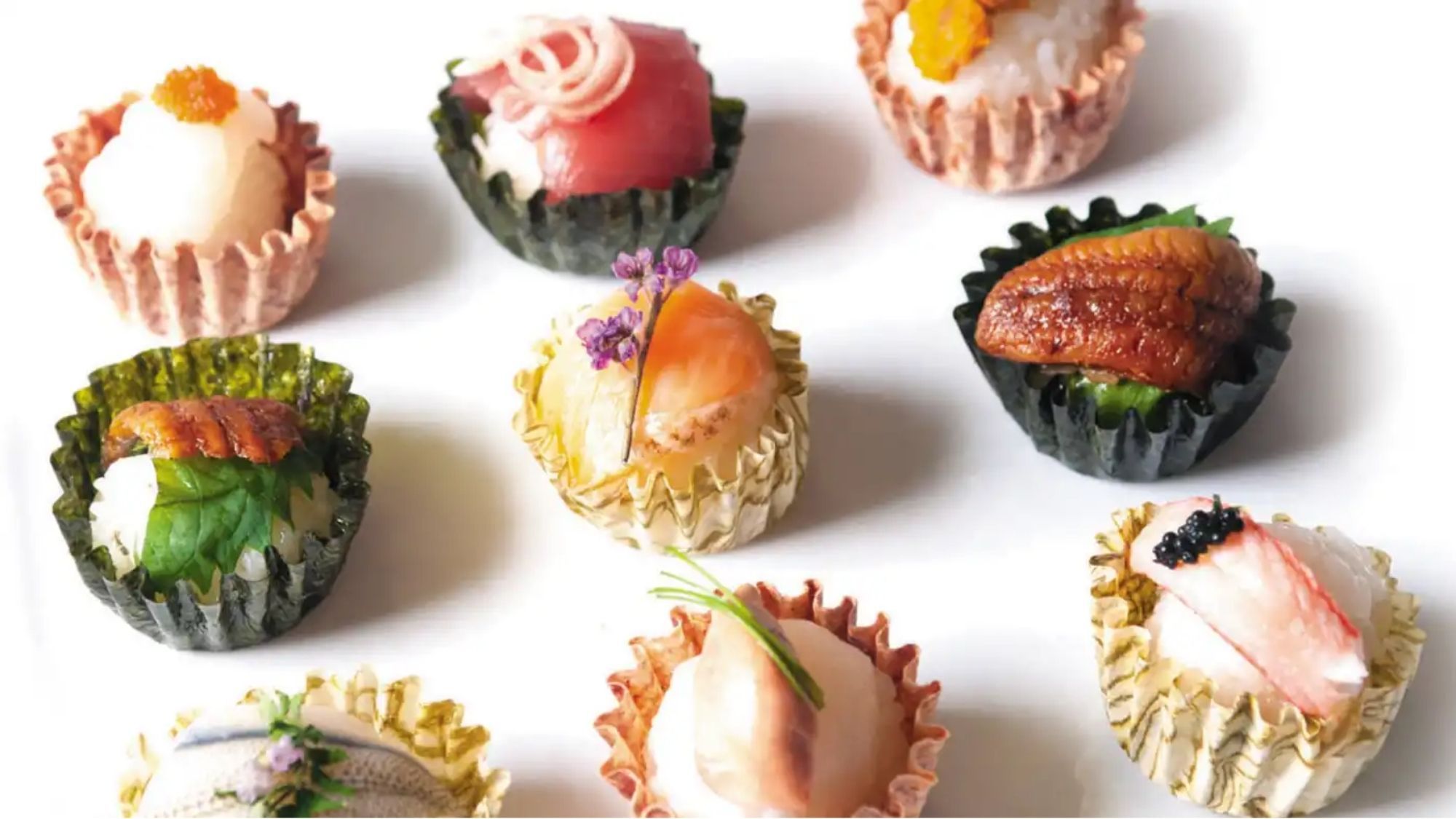Food companies in Asia are now testing packages that can be eaten to curb food waste and pollution.
The cup, resembling an ice cream cone, is made from potato starch and is baked at a high temperature. The cup gets its name from Japanese word mogu-mogu, which means munching
IN a bid to comply with stricter government regulations while attracting a larger market of consumers who choose more sustainable wrapping, Asian businesses are doing research to create edible food and drink packaging to reduce plastic waste.
Japanese beverage maker Asahi Group Holdings, known for its beers, developed a consumable cup with confectionary maker Marushige Seika.

The cup, resembling an ice cream cone from asia.nikkei.com
The cup, resembling an ice cream cone, is made from potato starch and is baked at a high temperature. The cup gets its name from Japanese word mogu-mogu, which means munching.
The cup remains solid for an hour while holding liquid. Aside from carrying drinks, it can also be used for soup and curry.
Currently, it comes in four flavors: chocolate, nuts, shrimp rice cracker, and plain flavor. It sells for 1,200 yen for 10 regular-sized cups, with a capacity of 100mL each.
Asahi sells the cups to both businesses and personal consumers.
Likewise, Marushige Seika has created chopsticks made from soft rush plants, the material used from traditional Japanese tatami floor mats.
Back in 2016, owner of R J Cafe in Osaka launched an edible espresso cup called Ecopresso. They are made from cookies, and it drew interest from people around Japan, South Korea, Taiwan, and China.

Ecopresso from asia.nikkei.com
Orders come from cafes and large corporations hoping to use these edible cups to drive their environmental awareness campaigns.
Indian research company MarketsandMarkets expects the demand for edible packaging to grow to $679 million by 2025, up 29% from 2019.
North America will be the biggest market between 2019 and 2025, and the Asia-Pacific region will grow at the highest compound annual rate globally.
Such a genius innovation has yet to be adopted widely in the Philippines, a country that continues to rely on the use of plastics for everyday life.
It would be great for social entrepreneurs to look into the idea, especially since it does not only provide a unique perspective to a new audience, but would spark a new wave of environmental consciousness in the country. (MO)
Tags: #sustainability, #ediblepackaging, #AsahiGroup, #Ecopresso

